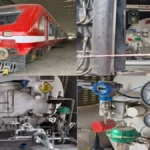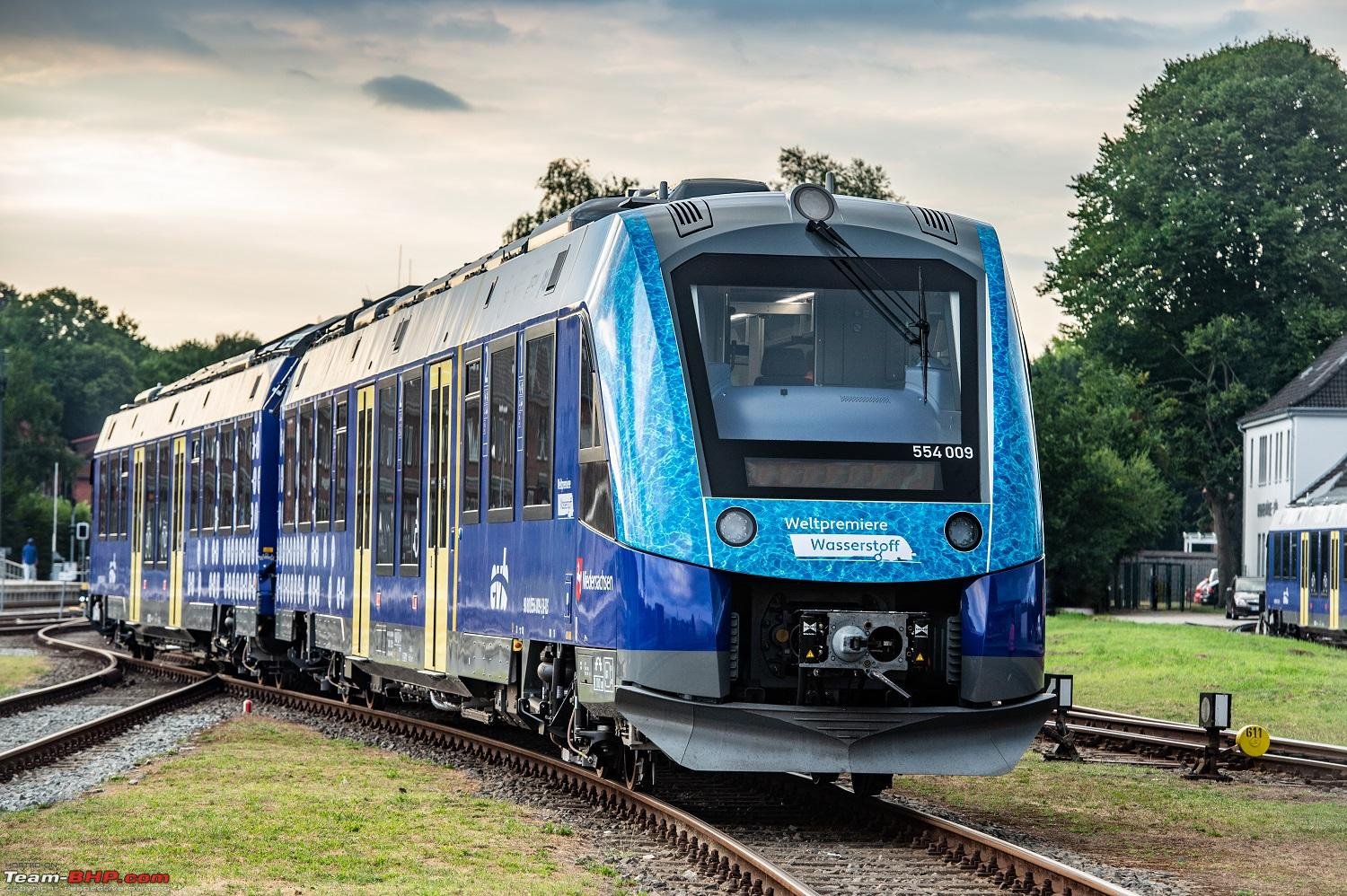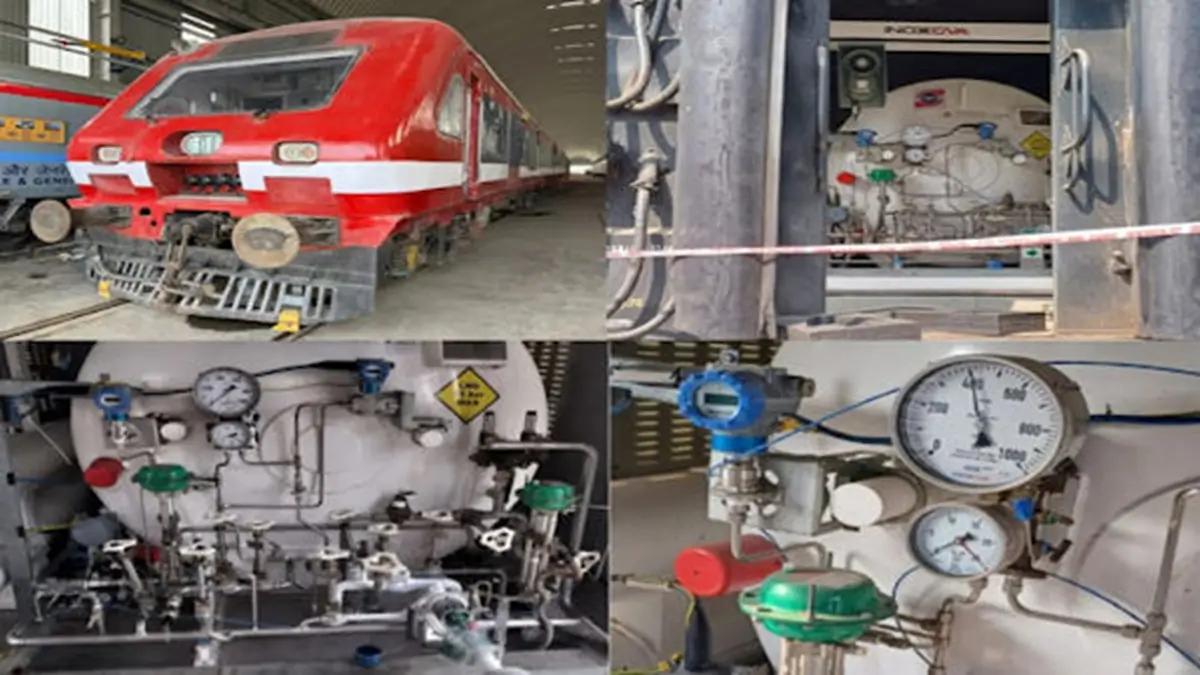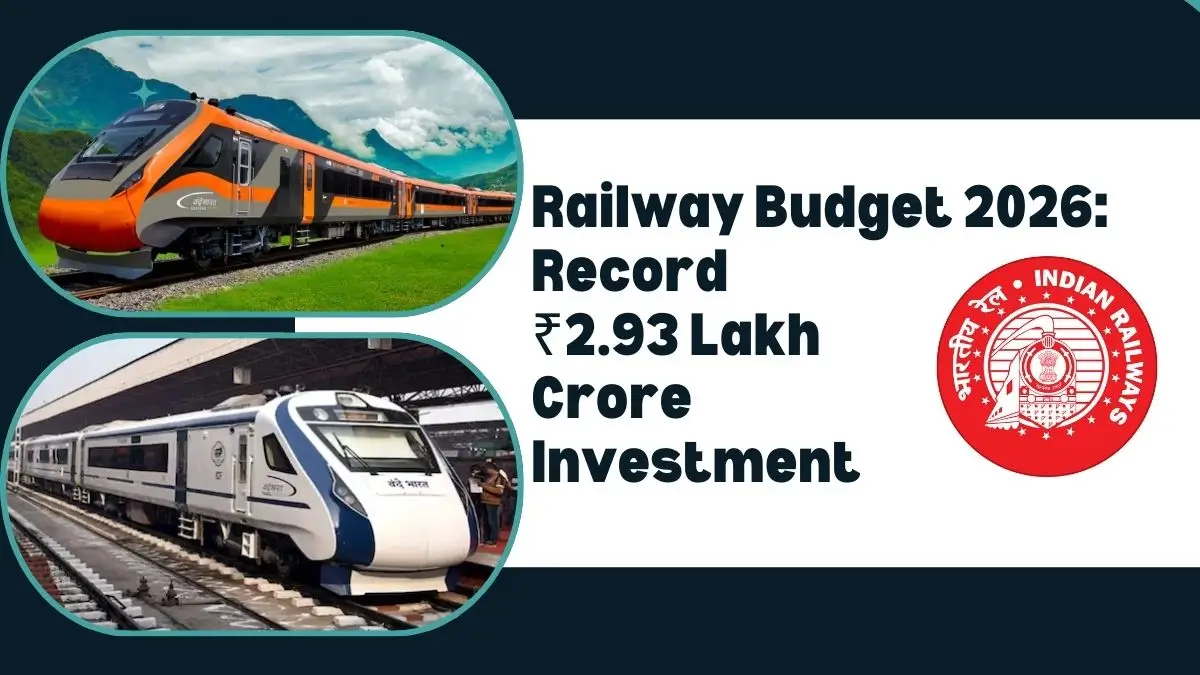India’s First Hydrogen-Powered Train to Run from Jind District, Haryana
India is all set to make a significant leap in sustainable transportation with the introduction of its first hydrogen-powered train. This groundbreaking initiative will bring about a revolution in the country’s railways, showcasing the potential of clean energy in the transportation sector. The project aims to address environmental concerns and reduce carbon emissions while enhancing the efficiency of the railway system. With the pilot run scheduled to begin in the Jind District of Haryana, this hydrogen-powered train heralds a new era of eco-friendly transportation in India.
The initiative comes as a result of collaboration between the Indian Railways and leading energy companies, leveraging their expertise to develop and deploy cutting-edge hydrogen fuel cell technology. Hydrogen, known for its high energy density and zero-emission properties, emerges as a promising alternative to traditional fossil fuels. The train will be equipped with fuel cells that convert stored hydrogen into electricity, powering the locomotive and generating only water vapor as a byproduct. This not only reduces greenhouse gas emissions but also mitigates air pollution, contributing to a cleaner and healthier environment.
The adoption of hydrogen-powered trains aligns with India’s commitment to sustainable development and its efforts to achieve ambitious climate goals. By embracing clean energy solutions, the country aims to create a greener and more resilient transportation network that reduces dependency on fossil fuels. Moreover, the hydrogen-powered train project sets an example for other nations grappling with similar environmental challenges, inspiring them to explore innovative and eco-friendly alternatives in the realm of transportation.

Why this News is Important:
- Advancing Sustainable Transportation: The introduction of India’s first hydrogen-powered train marks a significant step towards sustainable transportation in the country. It demonstrates the commitment to reducing carbon emissions and promoting eco-friendly alternatives in the railway sector.
- Environmental Benefits: By utilizing hydrogen as a clean energy source, the hydrogen-powered train will play a vital role in curbing air pollution and mitigating the adverse effects of greenhouse gas emissions. This initiative aligns with global efforts to combat climate change and protect the environment.
- Technological Innovation: The development and deployment of hydrogen fuel cell technology showcase India’s prowess in technological innovation. It highlights the country’s ability to adopt cutting-edge solutions and drive advancements in the transportation sector.
- Role Model for Other Nations: India’s successful implementation of the hydrogen-powered train project sets an example for other nations striving to achieve sustainable development. It encourages global collaboration and inspires the adoption of clean energy solutions worldwide.
Historical Context:
Hydrogen-powered trains have been gaining prominence worldwide as an environmentally friendly mode of transportation. The concept originated in Germany, where the world’s first hydrogen-powered train, named Coradia iLint, was introduced in 2018. The Coradia iLint, developed by Alstom, has since served as a pioneering model for other countries seeking to adopt hydrogen technology in their railways.
Following Germany’s lead, several European nations, including the Netherlands and France, have embarked on hydrogen-powered train projects. These initiatives aim to reduce reliance on fossil fuels and transition to greener transportation systems. The success of these projects has inspired countries across the globe to explore the potential of hydrogen as an alternative fuel source for trains.
Key Takeaways from “India’s First Hydrogen-Powered Train to Run from Jind District, Haryana”
| Serial Number | Key Takeaway |
|---|---|
| 1 | India is set to launch its first hydrogen-powered train in the Jind District, Haryana, revolutionizing the country’s railway system. |
| 2 | The hydrogen-powered train will utilize fuel cells to convert stored hydrogen into electricity, emitting only water vapor as a byproduct and reducing carbon emissions. |
| 3 | The initiative highlights India’s commitment to sustainable transportation and its efforts to achieve climate goals by adopting clean energy solutions. |
| 4 | Hydrogen-powered trains have been successful in countries like Germany, the Netherlands, and France, inspiring India and other nations to explore this eco-friendly alternative. |
| 5 | The project showcases India’s technological innovation and paves the way for a greener and more resilient transportation network in the country. |
Important FAQs for Students from this News
Q: What is a hydrogen-powered train?
A: A hydrogen-powered train is a type of train that utilizes hydrogen fuel cells to generate electricity for propulsion instead of traditional fossil fuels.
Q: How does a hydrogen-powered train work?
A: Hydrogen-powered trains work by storing hydrogen gas in onboard tanks. The hydrogen is then passed through a fuel cell, where it reacts with oxygen to produce electricity. This electricity powers the train’s electric motors, propelling it forward.
Q: What are the benefits of hydrogen-powered trains?
A: Hydrogen-powered trains offer several benefits, including zero emissions as the only byproduct is water vapor, reduced carbon footprint, quieter operation, and decreased dependence on fossil fuels.
Q: Is India the first country to introduce a hydrogen-powered train?
A: No, India is not the first country. Germany introduced the world’s first hydrogen-powered train, called Coradia iLint, in 2018. However, India’s upcoming hydrogen-powered train will be the first of its kind in the country.
Q: What is the significance of India’s first hydrogen-powered train?
A: India’s first hydrogen-powered train signifies the country’s commitment to sustainable transportation, reduction of carbon emissions, and adoption of clean energy solutions in the railway sector. It also showcases India’s technological innovation and sets an example for other nations.
Some Important Current Affairs Links

















